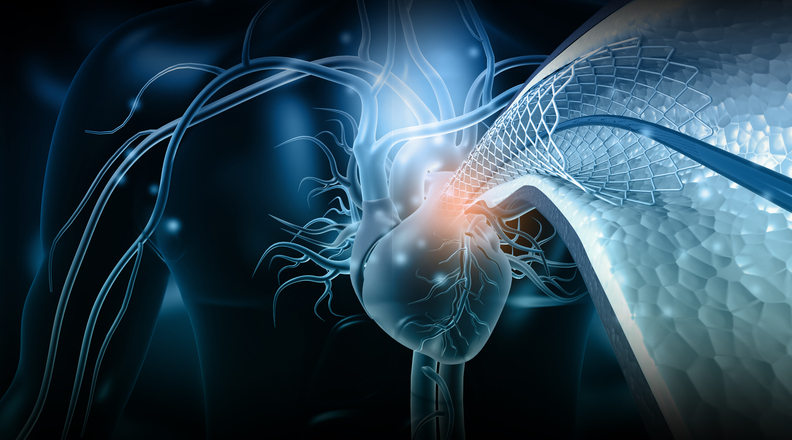
Key Points
- The TRIUMPH trial included 140 patients with resistant hypertension. Patients in the experimental group were given counseling on eating behavior, problem-solving, and long-term behavioral change, as well as regular exercise (in addition to the intensive medical management and patient education on lifestyle interventions given to both groups).
- The authors reported an improvement in exercise duration, physical activity, weight loss, urinary sodium, and peak VO2 in the experimental group compared to the controls.
- The research lays the groundwork for more emphasis on intensive lifestyle modification and cardiac rehabilitation in patients with resistant hypertension.
A structured 4-month diet and cardiac rehabilitation program in addition to medications lead to a significant reduction in blood pressure (BP) in patients with resistant hypertension, according to the TRIUMPH trial recently published in Circulation.1
Resistant hypertension is present in about 5% of the world population. It is defined as the inability to reach the target BP despite being on three or more antihypertensive agents, including a diuretic. Though antihypertensive medications are effective in the treatment of hypertension, lifestyle and risk factor modification remains the foundation for the management of hypertension.
The TRIUMPH randomized controlled trial’s researchers enrolled 140 patients (mean age 63 years, 48% women) with resistant hypertension.1 The experimental (C-LIFE) and control (SEPA) groups were on intensive medical management and educated about lifestyle interventions. However, the C-LIFE group also underwent 45 minutes/week focused counseling sessions on eating behavior, individualized problem solving, and maintaining long-term behavior change. They also participated in 30 to 45 minutes of exercise, and a thrice/week dedicated cardiac rehabilitation program.
Both groups had excellent medication adherence and similar medication regimens. Nevertheless, the C-LIFE group had higher improvement in peak VO2, exercise duration, increased physical activity, substantial weight loss, and a more significant reduction in urinary sodium. There was a statistical reduction in clinic and 24-hour ambulatory measured systolic and diastolic BP in C-LIFE when compared to the SEPA group. Interesting, there was also improvement in cardiovascular disease biomarkers noted in the post-study period in the C-LIFE group.
More Lifestyle Intervention Studies?
This study lays a vital foundation regarding intensive lifestyle modification and cardiac rehabilitation in patients with resistant hypertension, which has remained unexplored until now. It is noteworthy to see a statistically significant reduction in BP and improvement in cardiac biomarkers in a short period of 4 months with a small sample size of 140 patients. The TRIUMPH trial provides a framework regarding future studies focusing on intensive cardiac rehabilitation evaluating hard outcomes of cardiac mortality and heart failure.
“Resistant hypertension represents a big problem,” comments Dr. Oscar Cingolani, director of the Hypertension Center at the Johns Hopkins Hospital. “There are several studies showing that the degree of compliance with antihypertensive medications is inversely correlated with the number of drugs taken. On the other hand, lowering as little as 3-5 mm Hg in systolic BP can lower cardiovascular risks significantly. The TRIUMPH study showed us that a dedicated lifestyle intervention in resistant hypertension can result in BP drop equivalent to what we often see by adding one to two extra medications (provided patients take them). TRIUMPH emphasizes how important comprehensive, integrated programs are in treating hypertension. In times when medicine pushes us to be fast and efficient, this study reminds us once again that hypertension treatment is not just about giving our patients multiple pills. The next challenge is to find a way to take this scenario to the real world, perhaps spending more time and resources to educate our patients on the importance of lifestyle interventions.”







 © 2025 Mashup Media, LLC, a Formedics Property. All Rights Reserved.
© 2025 Mashup Media, LLC, a Formedics Property. All Rights Reserved.